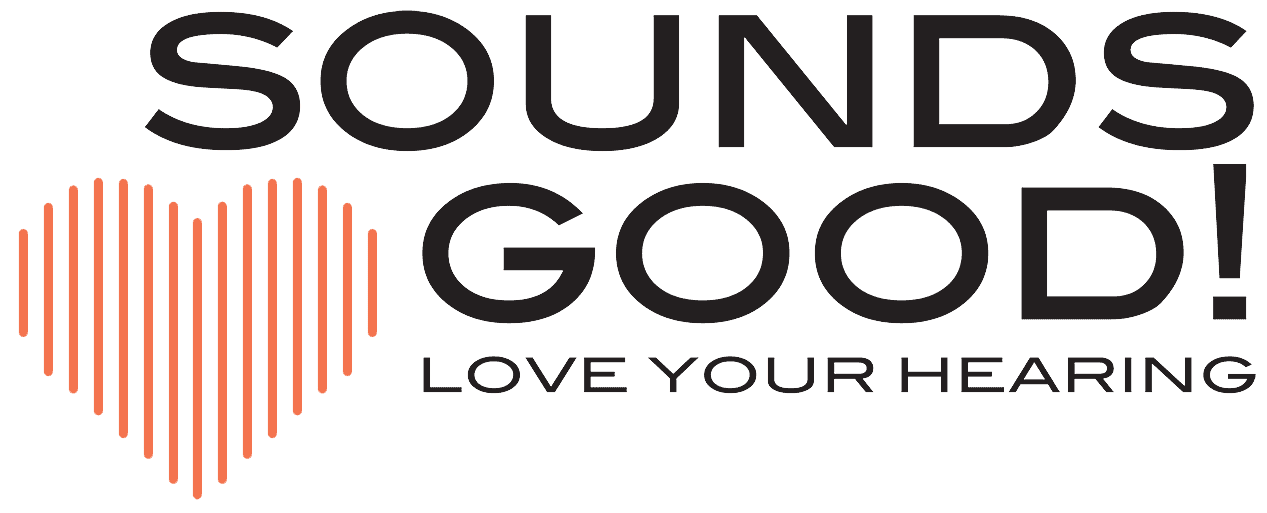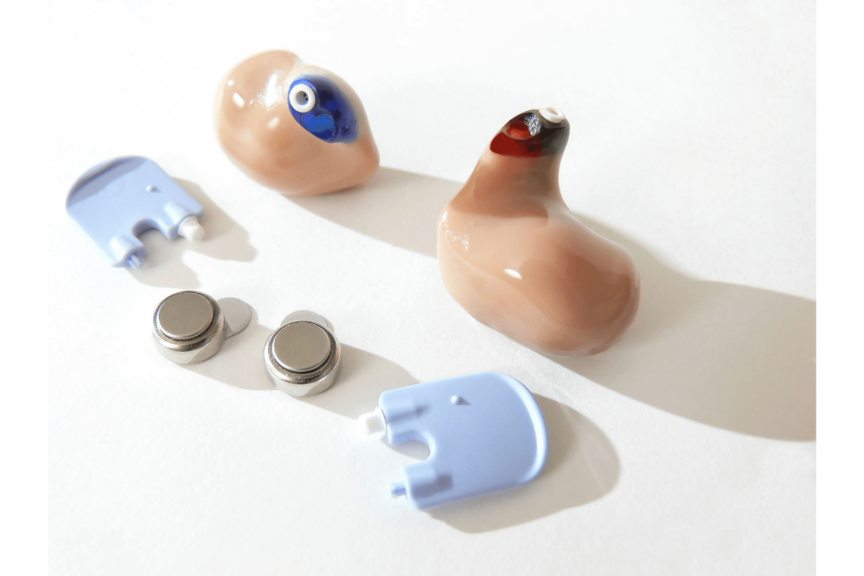- What to Know About Hearing Loss Accommodations in School - July 11, 2024
- Sign of Hearing Loss - June 10, 2024
- The Economic Benefits of Early Detection - May 6, 2024
Hearing aids have come a long way since their inception. Over the years, advancements in technology have transformed these devices from rudimentary amplifiers into sophisticated pieces of wearable technology. Modern hearing aids are smaller, more discreet, and offer superior sound quality compared to their predecessors.
One of the most significant advancements is the introduction of digital signal processing. This technology allows hearing aids to automatically adjust to different listening environments, making it easier for wearers to engage in conversations, whether they are in a quiet room or a noisy restaurant.
Signs It’s Time to Replace Your Hearing Aids
While hearing aids are durable and designed to last several years, they are not immortal. Recognizing the signs that it’s time for a replacement is crucial to ensuring your hearing health remains optimal. Here are some key indicators:
Decreased Sound Quality
If you notice a decline in the sound quality provided by your hearing aids, it’s time to consult with your audiologist. Modern hearing aids should consistently deliver crisp, clear sound. If you’re experiencing distortion, static, or inconsistent volume levels, it may be a sign that your devices are no longer functioning at their best.
Frequent Repairs
Hearing aids are susceptible to wear and tear over time. While minor repairs are expected, frequent trips to the audiologist for repairs can be a red flag. Not only can this become financially burdensome, but it also indicates that your hearing aids may have reached the end of their lifespan.
Outdated Technology
The world of hearing aid technology is constantly evolving. If your hearing aids are several years old, chances are there have been significant advancements in the field. Upgrading to newer models can provide you with access to the latest features and improvements in sound quality.
Fit and Comfort Issues
Changes in your ear shape or size can affect how your hearing aids fit. Ill-fitting hearing aids can cause discomfort and may not provide the optimal sound experience. If you find yourself constantly readjusting your devices or experiencing discomfort, it’s time to discuss replacement options with your audiologist.
Battery Life
Older hearing aids typically have shorter battery life. If you find yourself changing batteries more frequently than before, it might be time to consider newer models with longer-lasting rechargeable batteries.
Lifestyle Changes
Significant lifestyle changes, such as a more active social life, retirement, or travel plans, may necessitate a different type of hearing aid. Discuss any lifestyle changes with your audiologist to determine if your current devices are still the best fit for your needs.
Compatibility
If you’ve adopted new technology in your life, such as smartphones or streaming devices, you may want hearing aids that seamlessly connect to these technologies. Many newer hearing aids offer Bluetooth connectivity, making it easier to stream phone calls, music, and TV directly to your ears.
The Importance of Early Detection
Recognizing the signs that it’s time to replace your hearing aids is just one aspect of maintaining good hearing health. Equally important is the early detection of hearing loss itself. Recent research has emphasized the significance of early intervention in managing hearing loss.
Studies have shown that untreated hearing loss can lead to a range of negative consequences, including social isolation, cognitive decline, and even an increased risk of falls. Early detection allows for prompt intervention, which can mitigate these risks and significantly improve your quality of life.
Regular hearing assessments are essential in catching hearing loss at its earliest stages. Audiologists employ various tests and tools to measure your hearing abilities, ensuring that any changes are identified promptly. If hearing loss is detected, your audiologist can recommend appropriate interventions, including hearing aids, to help you maintain your hearing health.
The Future of Hearing Healthcare
While we’ve discussed the latest advancements in hearing aids and the importance of early detection, it’s worth looking ahead to the potential futuristic interventions in the field of hearing healthcare. Researchers are exploring innovative approaches, such as gene therapy and regenerative medicine, that may one day offer a cure for certain types of hearing loss.
Additionally, advancements in artificial intelligence are enhancing the capabilities of hearing aids. These devices may soon be able to not only improve hearing but also monitor overall health, detect falls, and even provide real-time translation during conversations.
In conclusion, recognizing the signs that it’s time to replace your hearing aids is vital for maintaining your hearing health and overall well-being. As a hearing professional, I encourage you to stay proactive about your hearing health, undergo regular assessments, and embrace the latest advancements in hearing aid technology when necessary. The future of hearing healthcare holds exciting possibilities, and by taking these steps, you can look forward to a world filled with clearer, more vibrant sound.

